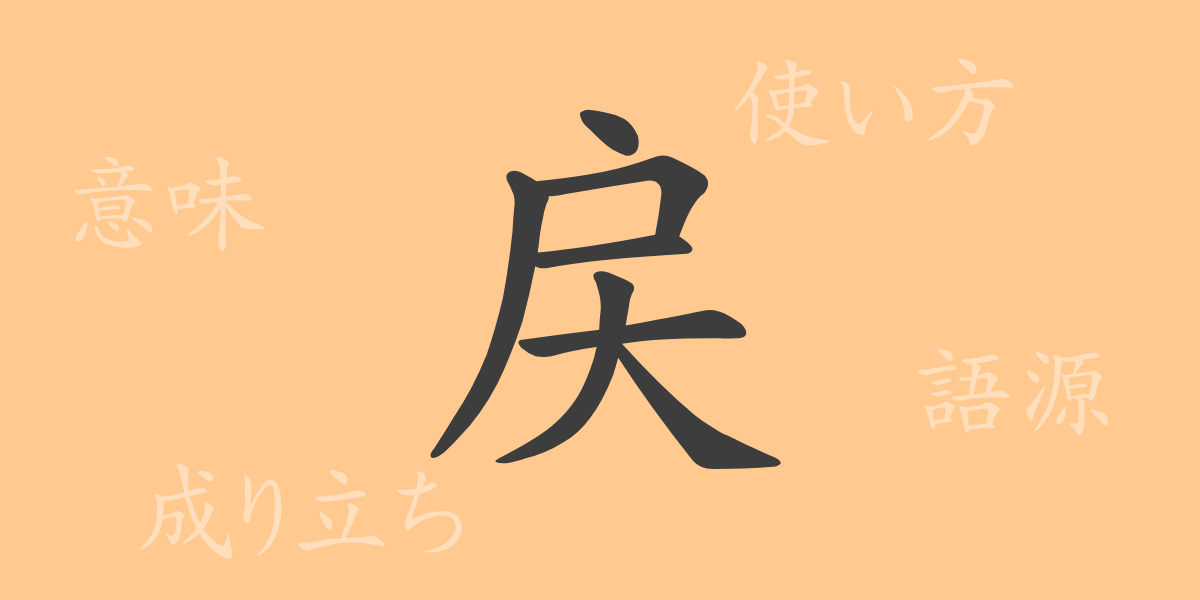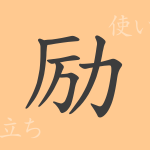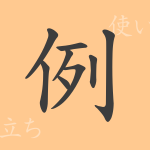Japanese is a language rich in expressive characters, and among them, the kanji “戻” (もど, modo) holds significant importance in daily life. This article focuses on the character “戻” (もど, modo), exploring its etymology, modern usage, and related idioms and phrases. By understanding the profound meanings and cultural backgrounds of individual kanji, you can deepen your comprehension of the Japanese language.
Etymology of 戻 (もど, modo)
The kanji “戻” (もど, modo) originated in ancient China, combining the pictograph “戈” (ほこ, hoko), which means “halberd,” and “未” (まだ, mada), meaning “not yet.” Initially, it referred to warriors who had not yet returned from the battlefield. Over time, it evolved to focus on the action of returning, leading to its current meaning.
Meaning and Usage of 戻 (もど, modo)
“戻” (もど, modo) means “to return to a previous state or place.” In Japanese, it is often used as a verb in forms like “戻る” (もどる, modoru) and “戻す” (もどす, modosu), describing the act of something returning to its original state. Metaphorically, it can also express going back in time or reminiscing about memories.
Reading, Stroke Count, and Radical of 戻 (もど, modo)
The kanji “戻” (もど, modo) plays a crucial role in both the form and meaning within written Japanese.
- Reading: On-yomi (音読み) is “レイ” (れい, rei), and Kun-yomi (訓読み) is “もど.る” (もどる, modoru) and “もど.す” (もどす, modosu).
- Stroke Count: It has a total of 7 strokes.
- Radical: The radical is “戈” (ほこづくり, hokozukuri).
Idioms, Phrases, and Proverbs Using 戻 (もど, modo)
There are numerous idioms, phrases, and proverbs in Japanese that include the kanji “戻” (もど, modo). For example, “時を戻す” (ときをもどす, toki o modosu) expresses a desire to go back in time, and “川を戻って魚を求める” (かわをもどってさかなをもとめる, kawa o modotte sakana o motomeru) is used to describe being overly fixated on the past. Additionally, the phrase “金を戻す” (かねをもどす, kane o modosu) is used in contexts of canceling a payment or returning borrowed money.
Conclusion on 戻 (もど, modo)
The kanji “戻” (もど, modo) adds depth to Japanese expression through its history and evolving meanings. From everyday conversation to literary expression, “戻” (もど, modo) is a character that symbolizes the richness of the Japanese language. We hope this article helps you gain a deeper understanding of the kanji “戻” (もど, modo) and enjoy the richer world of Japanese expression.

























